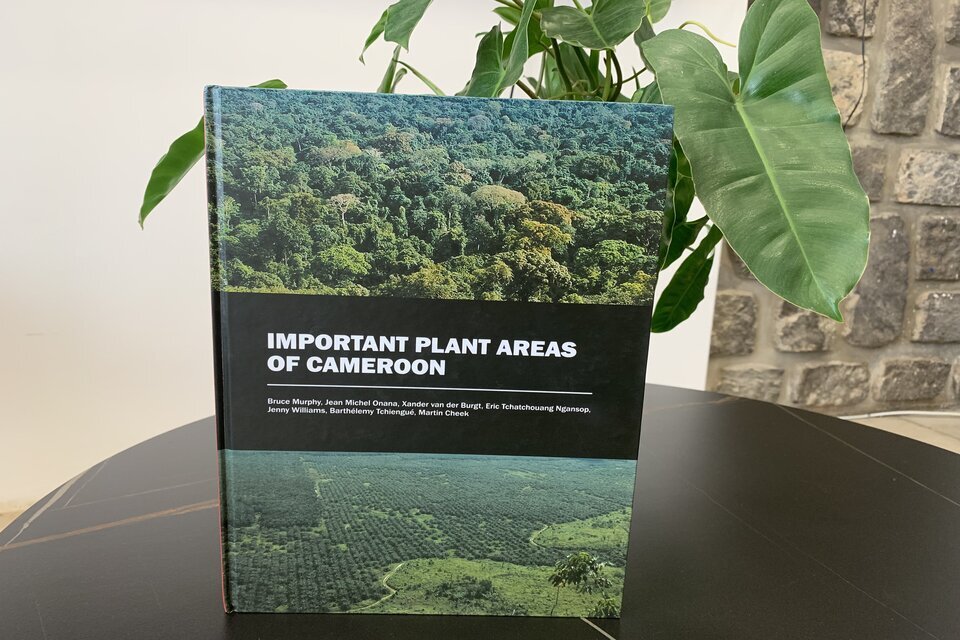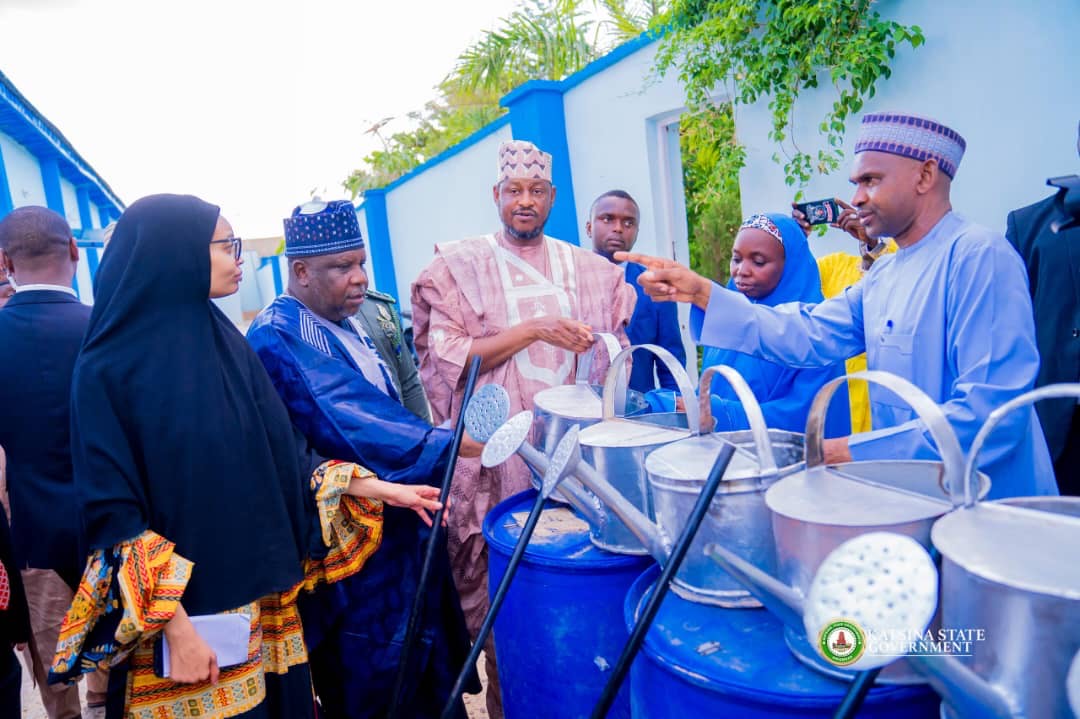IMF warns Nigeria of increased budget deficit as oil prices fall
The International Monetary Fund (IMF) expects the gulf between this year’s budgetary spending and revenue of Africa’s biggest oil producer to widen further in the face of geopolitical threats to the prices of crude, which contributes around two-thirds of government income.
Oil has been hit by a mix of shocks since January, including Donald Trump’s tariff war with the rest of the world, forcing Brent Crude, the leading global price benchmark, to shed 21.6 per cent so far.
Brent was quoted at $68.5 per barrel as of 06:02 WAT on Thursday, 8.7 per cent behind Nigeria’s projected average of $75 for 2025. And the multilateral institution is calling for a rethink of the government’s fiscal stance to address the gap and take urgent measures to steady the economy on the path of growth.
“Downside risks have increased with heightened global uncertainty,” the Fund stated in its periodic review of economic developments in the country, released on Wednesday.
“A further decline in oil prices or increase in financing costs would adversely affect growth, fiscal and external positions, undermine financial stability and exacerbate exchange rate pressures,” the IMF added in the document titled “Nigeria: 2025 Article IV Consultation.”
It alerted authorities to the danger that Nigeria’s financing needs and fiscal position may vary from forecasts, should the government fail to revise the budget and announce new targets for its spending plan.
A section of the review containing a report prepared by an IMF staff team for the executive board’s consideration reckoned that the country’s consolidated fiscal deficit will rise to 4.7 per cent of GDP in 2025.
Ramping up oil output to significantly higher levels is central to attaining budgetary ambitions and accelerating growth, after crude theft and sabotage attacks drove production below one million bpd in August 2022, the lowest level in thirty years.
Volume, without adding condensates, dropped by 2.2 per cent to 1.5 million bpd, leaving output 11.8 per cent shy of the daily average of 1.7 million bpd projected for 2025.
IMF is taking a bright view of production for the remainder of the year, and has stated that in-year modifications will be adequate to make up for weaker oil prices.
“The 2025 budget was based on an oil price of USD75/bbl and production of c2mbopd, including condensates, which now appears overly optimistic and could result in a higher-than-budgeted deficit,” Ayodeji Dawodu, director, fixed income CEEMEA at BancTrust & Co, told PREMIUM TIMES.
“The latter could be a negative for the government’s fight against inflation,” the analyst warned.
IMF, a long-standing voice for a return to orthodoxy in Nigeria right before Tinubu’s administration started taking that route in 2023, urged the Central Bank of Nigeria to maintain policy rate tightening, in view of the elevated inflation environment.
On the recently completed tax reforms, the institution foresees that modernising the value-added and company income tax systems should enhance compliance and facilitate implementation.
“The authorities see significant medium-term revenue potential from the reforms once finalised and implemented,” it stated.












